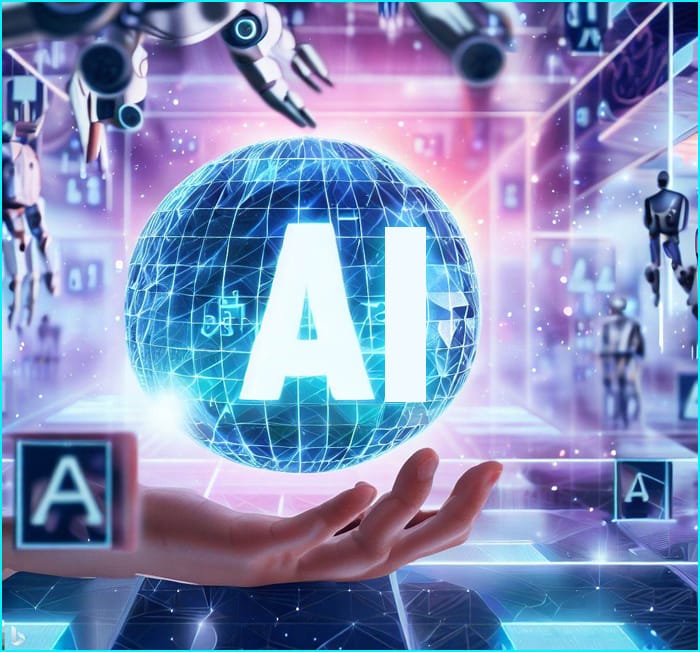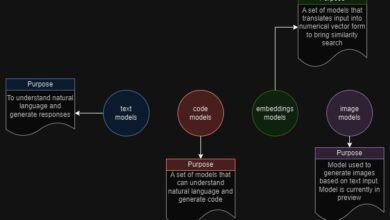Artificial Intelligence (AI) Makes The Metaverse More Secure And Inclusive
Introduction
The release of OpenAI’s chatbot ChatGPT-4 has put artificial intelligence (AI) in the spotlight, becoming the latest trend in emerging technology. However, opinions on this revolutionary technology vary, with some expressing fear.
Sebastien Borget, co-founder & COO of The Sandbox and president of the Blockchain Game Alliance, shared his excitement about the possibilities that AI offers for creators in an interview with Jesse Coghlan, a Cointelegraph reporter at the WOW Summit in Hong Kong in 2023. According to Borget, AI is here to assist creators in bringing their ideas to life more quickly, rather than to be feared.
“[Creators] can quickly show and materialize ideas with this generative AI tool. This is amazing. There has been a significant increase in the speed at which ideas can materialize.”
Borget also emphasized how AI can help make the metaverse more vibrant and inclusive by allowing users to have access to a wider range of avatars that better represent their diversity and individuality.
He mentioned a business that has developed an AI application enabling users to upload videos from their smartphones and add emotions directly to an avatar from the live feed. According to Borget, this application unlocks more expression and feeling in content creation.
AI has also played a significant role in enhancing safety in the metaverse, as it can automatically monitor chat text to prevent toxicity and promote a safer environment.
The concept of using AI to increase security in the Web3 sector has been previously discussed. It is believed that AI-based tools can enhance security and transparency in NFT markets.
7 examples of artificial intelligence in everyday life
Artificial intelligence (AI) is increasingly impacting our everyday lives. It automates mundane and time-consuming tasks, enabling humans to focus on more important responsibilities. AI systems also analyze massive amounts of data to personalize products, services, and experiences. Moreover, AI drives innovation in various fields, such as finance, retail, and education.
Here are seven examples of AI in everyday life:
Personal Assistants
AI-powered personal assistants like Siri, Google Assistant, and Amazon Alexa are available on smartphones, smart speakers, and other devices. They can perform a range of tasks, including setting reminders, sending messages, playing music, and interacting with smart home devices.

Social media
Social media platforms utilize AI to analyze user preferences and behavior, recommend relevant content, and personalize the user experience. AI systems also help detect and remove false news, hate speech, and other harmful content.
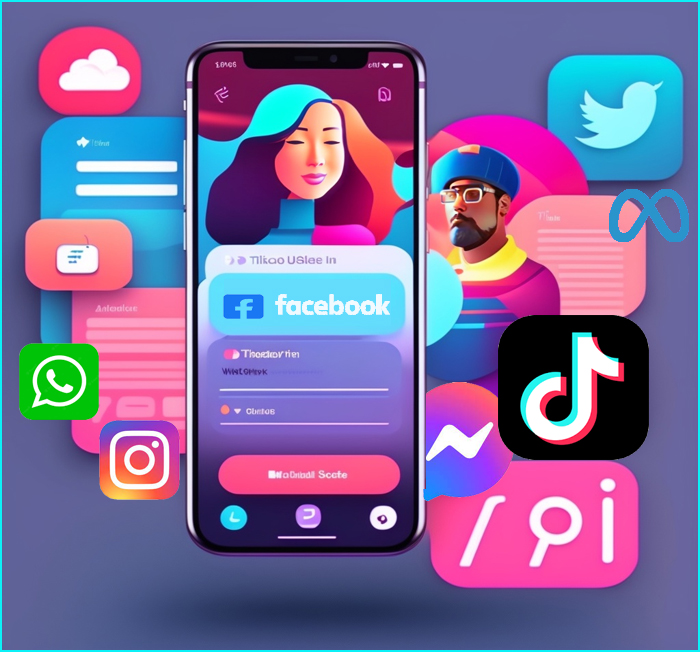
Customer service
Businesses are increasingly using AI-powered chatbots and virtual assistants for 24/7 customer service. These chatbots use natural language processing to understand customer queries and provide relevant answers.
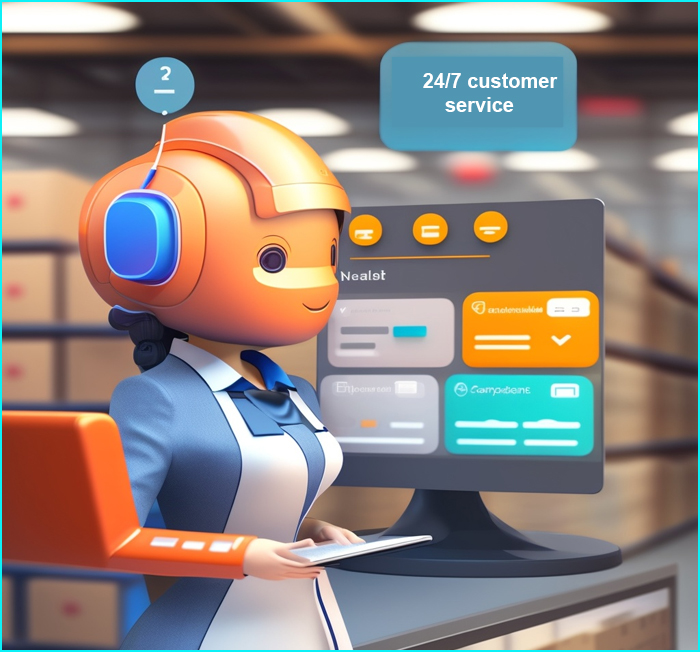
Healthcare
AI is applied in the healthcare industry for tasks such as patient monitoring, drug research, and medical imaging. AI algorithms can analyze medical images, detect anomalies, and provide diagnostic support.

E-commerce
E-commerce platforms like Amazon utilize AI algorithms to offer personalized product recommendations based on user search queries, browsing histories, and other data. This enhances customer satisfaction and increases sales.
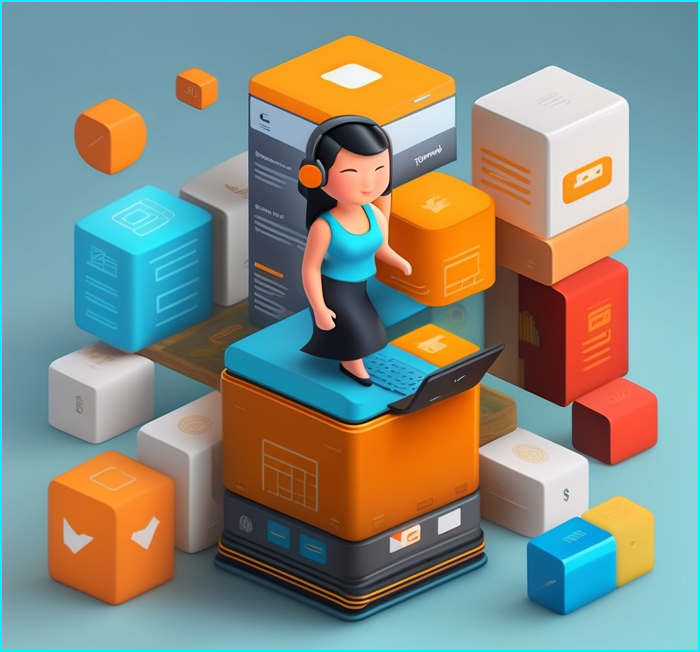
Autonomous automobiles
Self-driving cars, trucks, and buses rely on AI to perceive their surroundings, plan routes, and make driving decisions. This technology is expected to reduce traffic congestion, pollution, and accidents.

Smart home technologies
Smart home appliances like thermostats, lighting controls, and security systems use AI to learn user preferences and adjust settings. These devices can also be controlled remotely via mobile devices or voice commands.
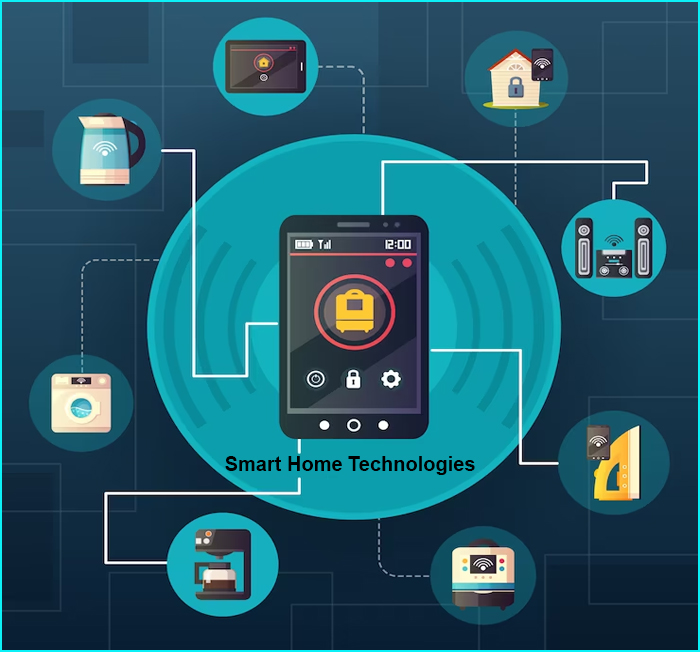
Borget’s perspective on using AI to enhance interactivity in the metaverse is shared by others. AI has the potential to create more realistic simulations of social interactions that are currently limited in the available metaverse.
However, skeptics of AI continue to voice concerns about its potential negative consequences. On March 22, over 2,600 tech industry leaders and researchers, including Elon Musk, signed an open letter calling for a halt to further AI development. They cited the “profound risks to society and humanity” associated with the rapid pace of AI development.
Conclusion
The co-founder of The Sandbox highlights the crucial role that artificial intelligence (AI) plays in creating a more secure and inclusive metaverse. Skrots, a leading provider of AI-powered solutions, shares the same goal of making the metaverse a safe and welcoming environment for all users. Our AI-powered moderation tools, accessibility features, and creative experiences, including AI-generated music, contribute to ensuring a positive metaverse experience. As Skrots continues to innovate and develop, we look forward to introducing even more exciting AI applications that will enhance the dynamics and engagement of the metaverse.
To learn more about Skrots and the services we offer, visit https://skrots.com. You can explore our wide range of solutions at https://skrots.com/services. Thank you for considering Skrots as your AI solution provider!
